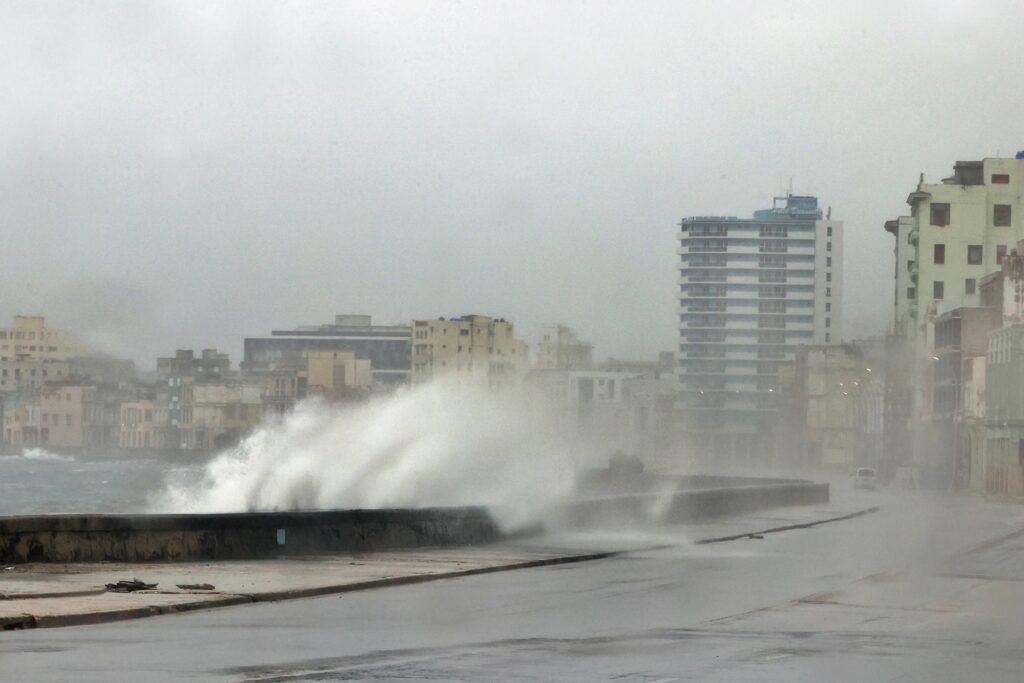Cuba’s Alarm Phase for Hurricane Melissa Reveals Broader Regional Security Gaps America Must Watch
Cuba’s civil defense escalates to ‘alarm’ as Hurricane Melissa approaches, exposing vulnerabilities with direct consequences for U.S. national security and border stability.

As Hurricane Melissa intensifies into a Category 5 storm barreling toward Cuba’s eastern provinces, the island nation has declared a state of “alarm”—a last-minute scramble amid increasing weather volatility that should sound alarms far beyond its shores. While Caribbean neighbors brace for impact, American policymakers must ask: how long will Washington ignore the broader security and humanitarian risks posed by these recurring natural disasters in our hemisphere?
Is America Prepared for the Fallout from Caribbean Storms?
The Cuban State Civil Defense has ordered evacuations of nearly 650,000 people across Guantánamo, Santiago de Cuba, Holguín, Granma, Las Tunas, and Camagüey provinces as Melissa moves westward at a crawl of about 6 km/h with sustained winds reaching a catastrophic 260 km/h. The government’s emergency response includes school closures and cancellations of interprovincial travel—a predictable but reactive approach that underscores systemic vulnerabilities.
Melissa’s projected path and intensity remind us of recent hurricanes like Rafael and Oscar in 2024 that directly impacted Cuba—disrupting not only local infrastructure but also regional stability. This pattern fuels economic hardship and migratory pressure on U.S. southern borders, threatening American sovereignty. How many more such storms must batter nations in America’s backyard before Washington adopts a truly strategic stance prioritizing robust hemispheric resilience?
Globalist Neglect vs. America First Solutions
The Caribbean’s increased hurricane activity is no coincidence but rather a predictable result of climate trends exacerbated by decades of globalist denialism and ineffective international coordination. While socialist regimes like Cuba remain dependent on fragile centralized control during crises, America under principled leadership can implement smarter disaster preparedness that safeguards both allies and its own citizens.
President Trump’s policies emphasized bolstering American energy independence and supporting regional partners through direct aid rather than global bureaucratic hand-wringing—an approach better suited to confront such challenges head-on. Yet today we watch as official warnings circulate only hours before impact while critical resources remain stretched thin.
In this context, Hurricane Melissa is more than a distant threat; it is a test of American resolve to protect national interests in the Western Hemisphere amid escalating climate threats and increased migration risks linked to environmental instability.
Washington must urgently rethink its strategy: investing in proactive disaster assistance programs with trusted partners in the Caribbean can reduce chaos at home by stabilizing vulnerable regions abroad.
